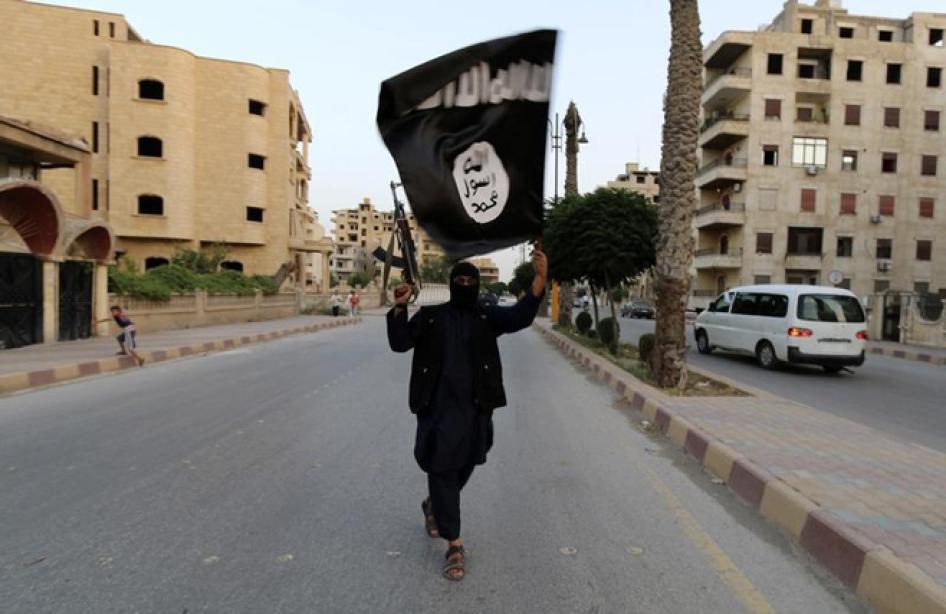On Tuesday, scores of world leaders will gather in New York to discuss ways to counter violent extremism. High on the agenda will be measures to stem a surge in foreign recruits to armed extremist groups such as Islamic State, also known as ISIS.
Countries have every reason to take foreign recruitment seriously. While no one has hard numbers, the United States government estimates that 30,000 people from some 80 countries have traveled to Iraq and Syria since 2011, more than half in the past year and most to join ISIS.
Unfortunately, many governments are going overboard in their responses. World leaders should use Tuesday’s summit, hosted by US President Barack Obama, to ensure measures to stop “foreign terrorist fighters” don’t trample on basic rights.
At least 33 countries around the world have enacted laws or adopted policies since 2013 to stop their citizens from joining foreign armed extremist groups, Human Rights Watch has
found. Many of these measures contain dangerously overbroad provisions.
Acts of “terrorism” in Saudi Arabia’s counterterrorism
law and decrees of 2014, for example, include “harming the reputation of the state” and “attending conferences abroad” that are “sowing discord in society.”
Tajikistan’s 2015
decree arbitrarily bans all nationals under age 35 from traveling to the Islamic holy sites of Mecca and Medina to perform the annual Hajj pilgrimage.
Malaysia’s
security law of 2015 reinstates detention without trial for two years, with indefinite, two-year extensions, for activities including suspected links to foreign terrorist groups.
The United Kingdom’s
2014 and
2015 laws permit stripping British citizenship from naturalized citizens convicted of foreign terrorist fighter offenses, even if it may lead to statelessness. The laws also bar their return to the UK for two years on mere suspicion of such activities.
Two-thirds of these measures were enacted in response to United Nations Security Council Resolution 2178 of 2014. Spearheaded by the United States, the resolution directs UN member nations to outlaw all “foreign terrorist fighter” activity. But the resolution does not define “terrorism” or “terrorist acts,” giving governments broad leeway to designate whoever and whatever they want as terrorist.
Instead of making the world safer, repressive measures can anger and encourage the very people at risk of joining extremist groups. In addition to revising their own laws, leaders at Tuesday’s summit should press Security Council members to enact a new resolution that explicitly discourages such repression. The United States, as the summit host and the lead drafter of Resolution 2178, should lead the way.









